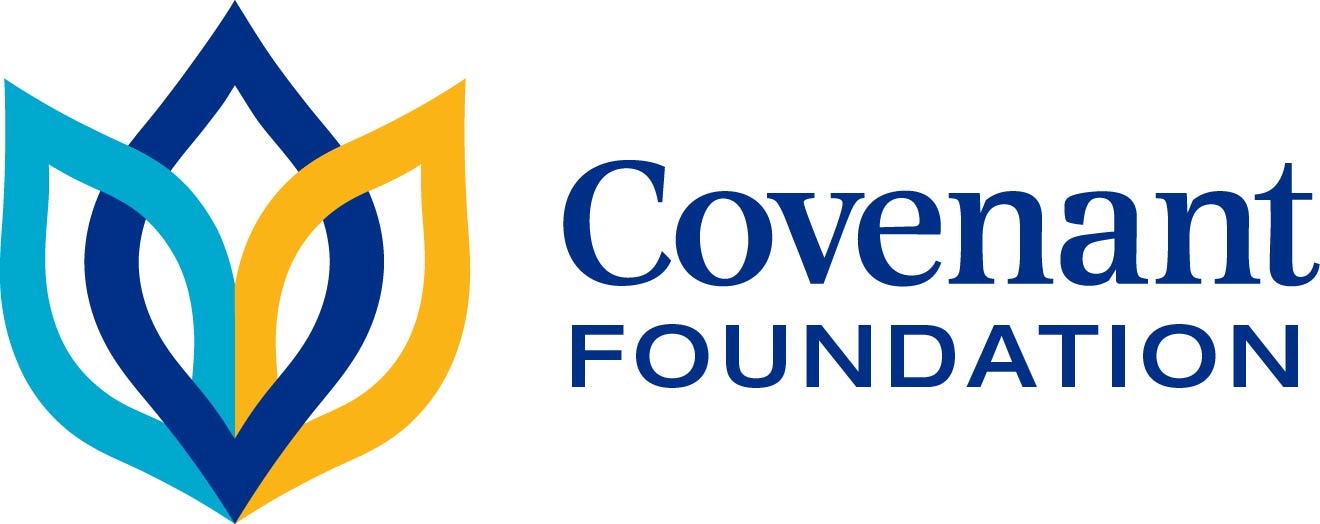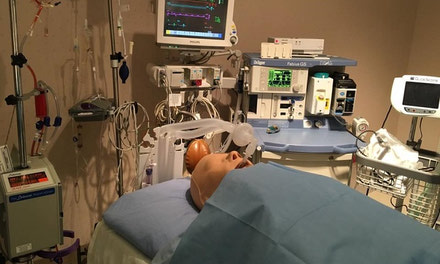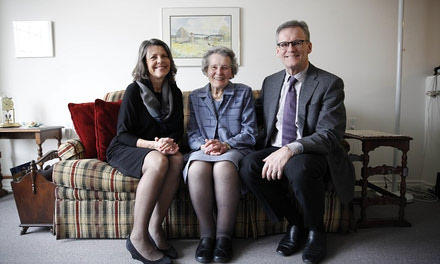St. Joseph's Radiothon raises $59,000 for simulation centre
St. Joseph’s Hospital, in Vegreville, provides 24-hour emergency care, acute and palliative care, and outpatient services such as gynecological, physical and occupational therapy, hemodialysis, and cardiac care.
Rural hospitals face the unique challenge of maintaining exceptional emergency services, despite irregular use. First responders, emergency and trauma physicians, and other healthcare professionals don’t often have the opportunity to practice their skills but must be able to provide excellent emergency medicine on short notice.
To keep their abilities at a consummate level, St. Joseph’s Hospital decided to pursue the development of a Medical Simulation and Clinical Skills Centre.
“It’s not common to have this in a rural hospital, even though it’s more needed here. I was at a conference where we were definitely the smallest region to have access to this. It’s really unheard of,” says Dr. Daniel Edgcumbe, Medical Director, St. Joseph’s General Hospital. “But a simulation centre allows us to evaluate our technical competencies and teamwork. We all learn how to work together effectively, so that the standard of care we can offer is high.”
With the help of Covenant Foundation, the Hospital paired up with Country 106.5, a new radio station in Vegreville, to host its first radiothon and raise funds for the project.
They set a lofty, but attainable, goal of $25,000, but were overwhelmed by the response from sponsors and listeners. In total, over $59,000 was raised for the simulation centre.
“The community’s response was great,” says Edgcumbe. “One difficulty in rural areas is that in the past more services were offered than now, and it’s easy to feel a sense of loss. But this project creates a sense of excellence, and it’s a good contribution to our region in a meaningful way.”
The outlying area, including Two Hills, Mundare, Lamont, Viking, Vermillion and Tofield, will all have the opportunity to learn and train in the simulation centre. Edgcumbe say they’ll offer at least six multidisciplinary emergency skills courses every year. Nursing and medical students will study at the simulation centre, and first aid courses, including infant first aid and resuscitation, will be offered to community members.
The money raised by the radiothon allowed for the purchase of equipment typically found in the teaching centre of a medical school, including both adult and infant mannequins that are programmable to present various emergencies.
“We are really excited to have this space. There was nothing else similar nearby,” says Edgcumbe. “It was an obvious opportunity, and it’s worked out quite well.”





